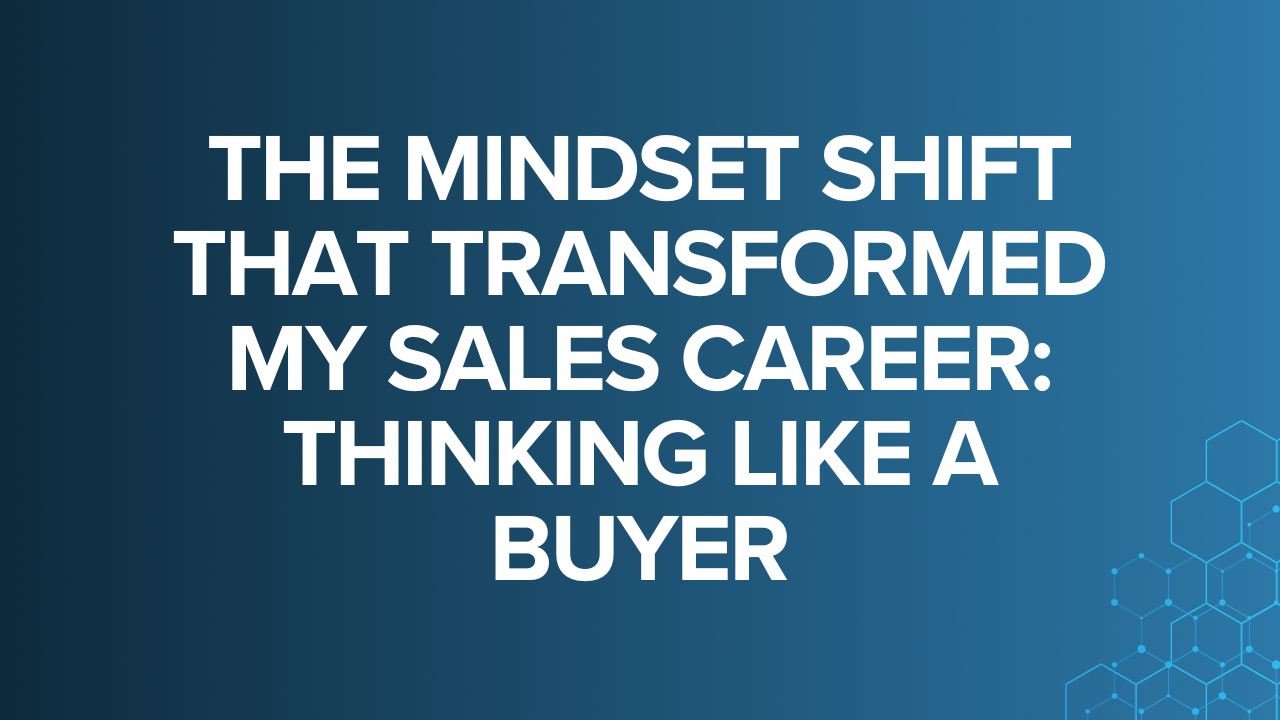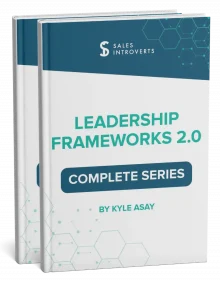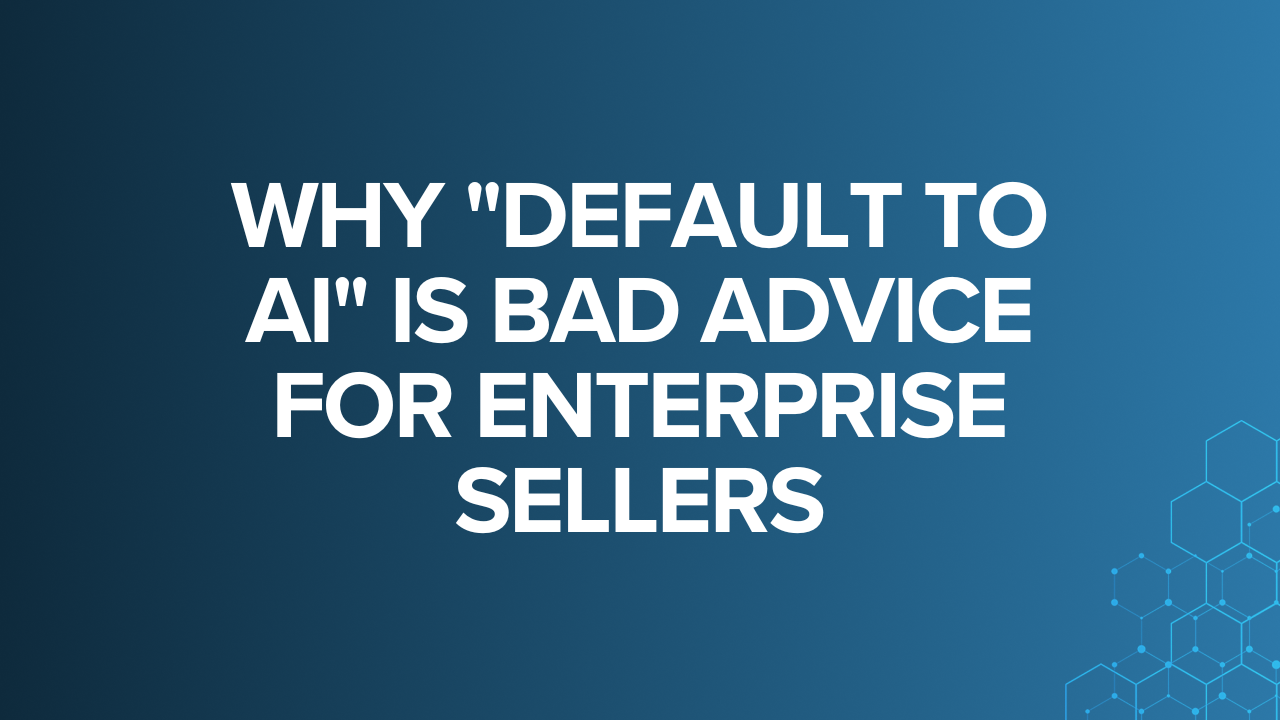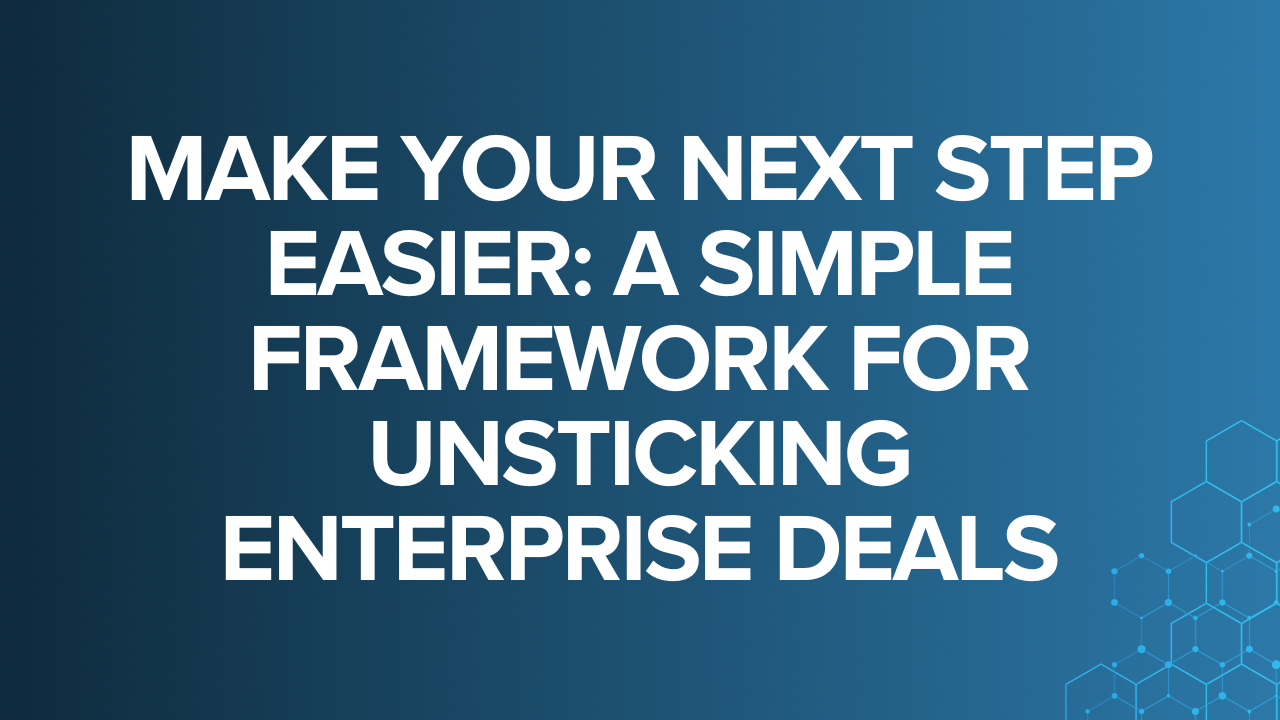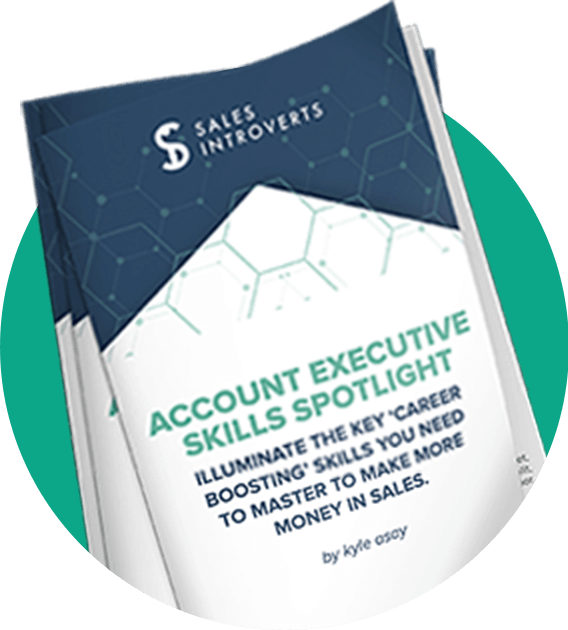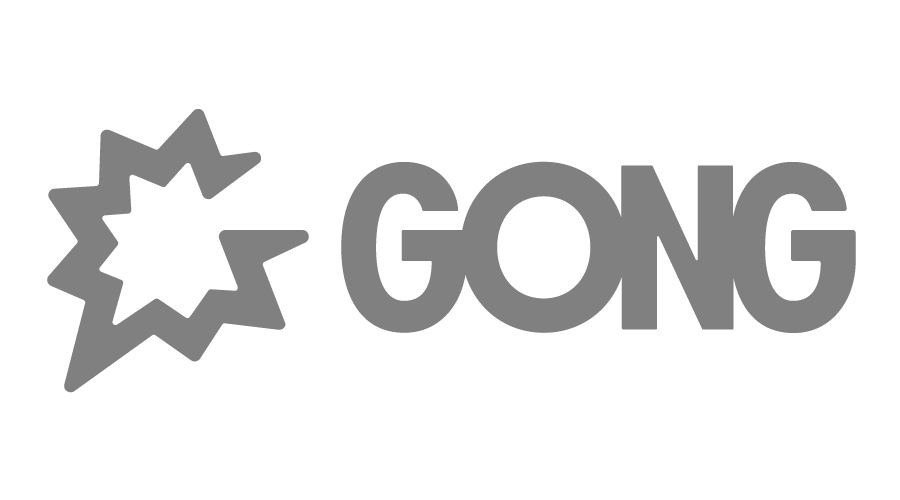I had no desire to pursue a leadership role early in my career. I was wrapping up a fantastic year as an AE, my friends were promoting to the enterprise sales team, and I was determined to join them.
Then, my manager and VP encouraged me to use long-term thinking to inform short-term decisions.
As I went through the leadership vs. enterprise decision-making process, I ended up focusing on two areas:
- How I wanted to spend my time
- What I wanted to be known for
Here’s a simple breakdown of the two routes:
Enterprise Sales
Where I’d spend my time:
Mostly with customers, including significant travel to customer locations
Main skills I’d develop:
Become an expert in specific industries, personas, and sales process
The legacy I’d work to achieve:
Be known as the rep that closes the biggest, most valuable deals
Sales leadership
Where I’d spend my time:
Hiring, developing reps, and improving internal processes
Main skills I’d develop:
Recruiting, coaching, and change management
The legacy I’d work to achieve:
Be known as a leader that helps others achieve career success
After building this breakdown, I gravitated more toward leadership. However, I still didn’t want to be a Team Lead, which was the next step in my career if I selected leadership.
The Team Lead role at my company was brutal: I’d have to carry a personal quota of a mid-senior rep while managing a team – two full-time jobs for the compensation of one.
I’d work more and get paid less in this role than in an enterprise AE role. My strong short-term preference was taking the AE role, despite the above analysis of time, skills, and legacy.
The question that tilted the scales was, “What do I want to be doing in twenty years?”
I didn’t want to be running demos, planning accounts, and chasing down deals.
I did want to lead large sales orgs and shape companies GTM direction. Knowing where I wanted to be long-term pushed me to do something I didn’t want to do in the short-term.
Sometimes, thinking less about “what do I want to do in the next two years” and more about “what do I want to be doing in twenty years” can help us make better short-term decisions.
I hope this is helpful for some of you thinking about your career trajectory. As always, let me know if you have any questions or if you have recommended topics for future editions.




